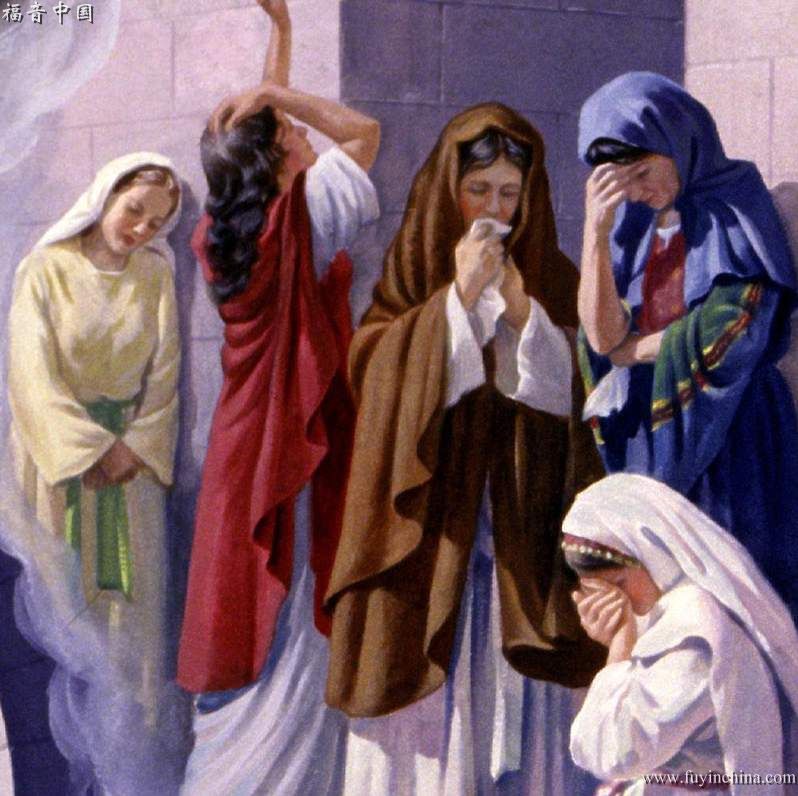
Q. I get mad watching the protesters in Hong Kong flaunting all authority, swearing profanities, blocking traffic, occupying the airport, smashing windows, throwing bricks at the police, setting cruisers on fire, unlawfully detaining and torturing opponents etc. Yes, the police fired tear gas and rubber bullets to disperse the rioters, but after extended provocation. Yet the media ignored the protesters’ crimes and lied about police brutality on “peaceful demonstrators”. Are they blind? I am aware of traitor politicians paid by foreigners to betray their own people, and even some teachers and school principals who ought to be teaching public morals and respect for law and order are rooting for the rioters. What is this!? Are the hooligans getting away with committing crimes with impunity? Where is God?
A. Yes, there is anarchy in Hong Kong now and it appears that we are entering difficult times of the last days:
- Judges 17:6b … every man did what was right in his own eyes. (Also 21:25)
- 2 Tim 3:1-4 But realize this, that in the last days difficult times will come. 2 For men will be lovers of self, lovers of money, boastful, arrogant, revilers, disobedient to parents, ungrateful, unholy, 3 unloving, irreconcilable, malicious gossips, without self-control, brutal, haters of good,4 treacherous, reckless, conceited, lovers of pleasure rather than lovers of God,
Much of 2 Tim 3 fit the rioters very well. I think both the government and the protesters have done wrong. I have no insight into how things will resolve, and it is likely that it will get worse before it gets better:
- 2 Tim 3:13 But evil men and impostors will proceed from bad to worse, deceiving and being deceived.
While God is merciful and will forgive those who repent, He is also just and will not let the guilty go free. But whatever the earthly outcome, we know several principles of the final judgment revealed in Scripture:
- According to what was done. Since God is omniscient, there won’t be any perversion of justice due to people doing crooked deals in secret, hiding behind face masks, or wrong convictions based on false accusations.
- 2 Co 5:10 For we must all appear before the judgment seat of Christ, so that each one may be recompensed for his deeds in the body, according to what he has done, whether good or bad.Rev 22:12 “Behold, I am coming quickly, and My reward is with Me, to render to every man according to what he has done.
- Punishment will be proportional to the crime. Men are prone to be vengeful and want their pound of flesh, but God’s justice weighs out the penalty without going overboard:
- Ex 21:23-25 23 But if there is any further injury, then you shall appoint as a penalty life for life, 24 eye for eye, tooth for tooth, hand for hand, foot for foot,25 burn for burn, wound for wound, bruise for bruise.Lev 24:19-20 If a man injures his neighbor, just as he has done, so it shall be done to him: fracture for fracture, eye for eye, tooth for tooth; just as he has injured a man, so it shall be inflicted on him.Deut 19:21 Thus you shall not show pity: life for life, eye for eye, tooth for tooth, hand for hand, foot for foot.Mt 5:38 “You have heard that it was said, ‘An eye for an eye, and a tooth for a tooth.’
- Poetic justice in paying back what you mete out to others. God returns to you what you render to others, so in the end we have only ourselves to blame.
- Mk 4:24 And He was saying to them, “Take care what you listen to. By your standard of measure it will be measured to you; and more will be given you besides.
- Lk 6:38 Give, and it will be given to you. They will pour into your lap a good measure—pressed down, shaken together, and running over. For by your standard of measure it will be measured to you in return.”
So, although currently the government seemed unable to curb the lawlessness and violence, it is the legitimate authority allowed by God to execute law and order in the land. Ultimately justice will prevail. Let me borrow from Habakkuk 2:3 And God’s justice will not fail. Though it tarries, wait for it. For it will certainly come, it will not delay. The HK government will have to correct its ways, but the rioters will pay for their lawlessness.










